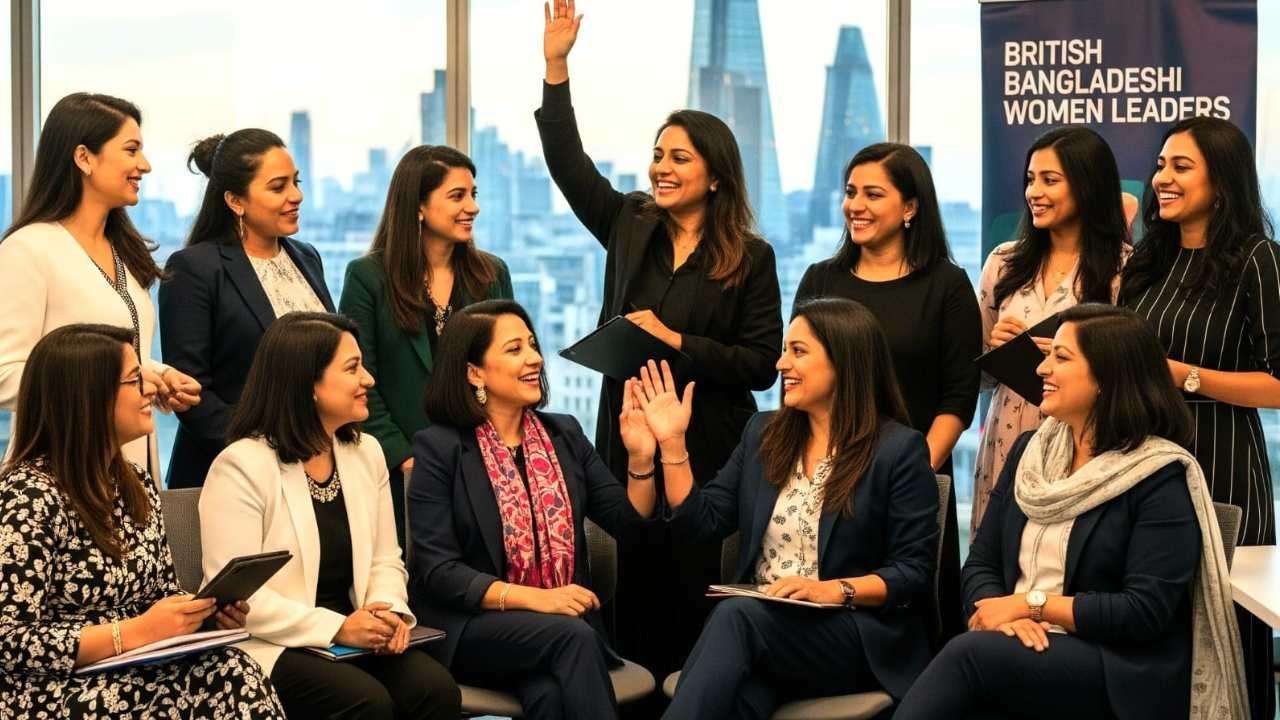A new report from the National Institute of Economic and Social Research (NIESR) and the Greater London Authority (GLA) shines a light on the challenges faced by Bangladeshi and Pakistani women in London's workforce. Despite a remarkable surge in educational attainment, these women are disproportionately locked out of "good work"—well-paid, secure jobs with opportunities for growth. The report points to a blend of systemic racism, inflexible workplaces, and cultural stereotyping as key barriers.
The statistics highlight this struggle: In 2022, nearly half of all Bangladeshi and Pakistani women in London were economically inactive at 48.1%. Their unemployment rate stood at 16.9%, a rate over three times higher than their male counterparts. This economic disparity is worsened by a significant gender pay gap, with Bangladeshi women earning 50% less than men, a major hurdle to achieving financial independence.
The Triumph of Grit and Hope
Despite these formidable challenges, the story of British Bangladeshi women is one of profound resilience and success. Over the past two decades, there has been a significant upward trend in their employment rates. The employment rate for the combined Pakistani and Bangladeshi ethnic group has risen from 44% in 2004 to 61% in 2022. This progress is a testament to the community's determination and hard work.
Many British Bangladeshi women, often the first in their families to attend university, are pushing through barriers with a quiet strength. They are becoming doctors, lawyers, engineers, and entrepreneurs, navigating a system that wasn't built for them. They have achieved some of the highest rates of university entry among all ethnic groups, showing an incredible commitment to education as a path to a better future. The success stories often come from within the community itself, with women supporting one another through mentorship and shared experience. Newly arrived women from Bangladesh, too, are contributing to this success, leveraging their skills and drive to build lives and careers in the UK.
A Community on the Rise
The British Bangladeshi community is a young, vibrant population, with a strong presence in London. The first generations, primarily men, worked in industries like textiles and catering. However, their children and grandchildren have used their parents' sacrifices as a springboard to educational and professional success. This journey from the "curry houses to corner offices" is a powerful narrative of ambition and upward mobility. While challenges remain, the determination of British Bangladeshi women to build a better future for themselves and their families is an inspiring force driving change across the UK.








.svg)


